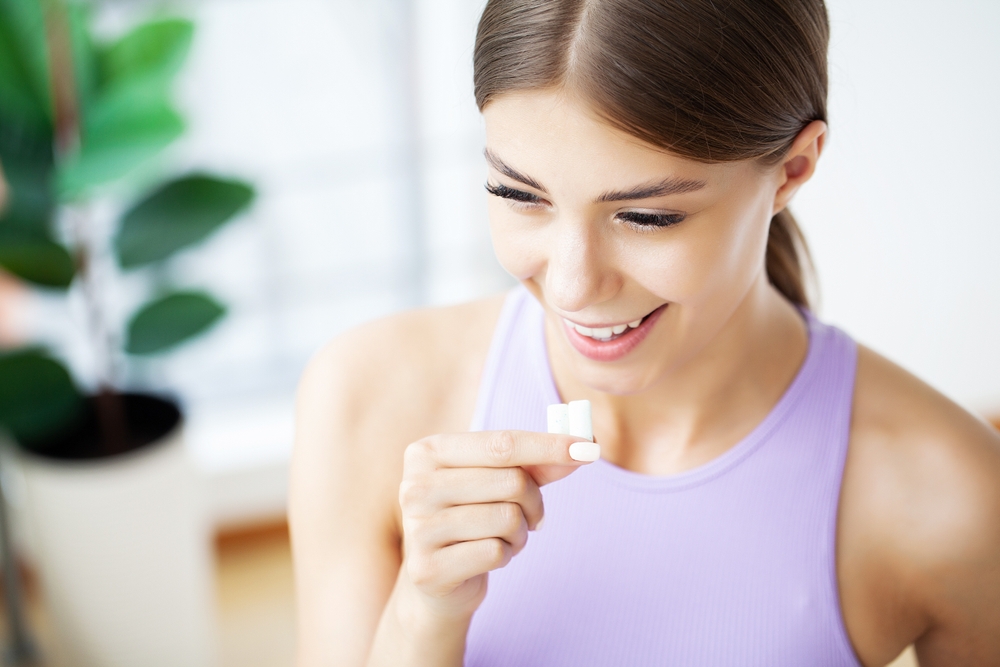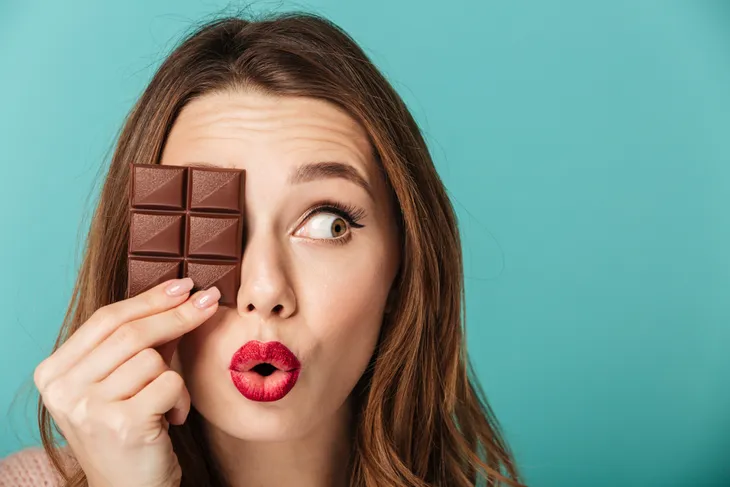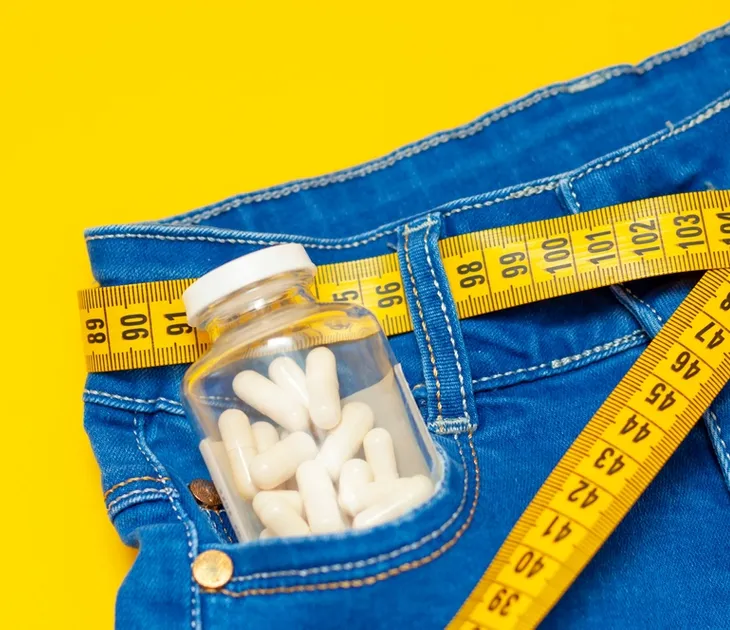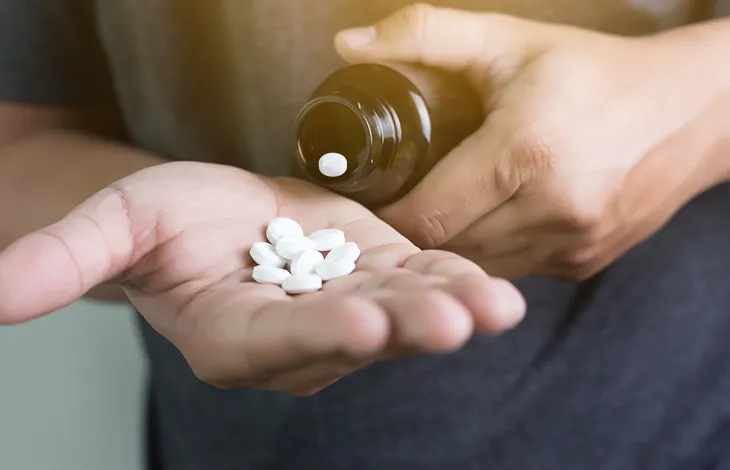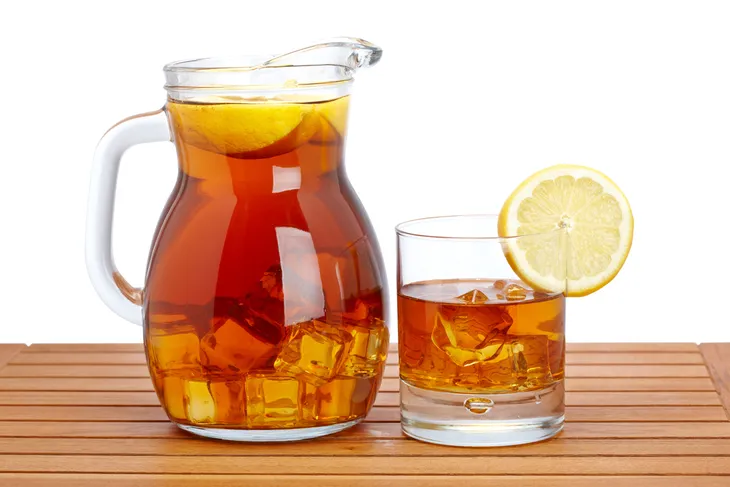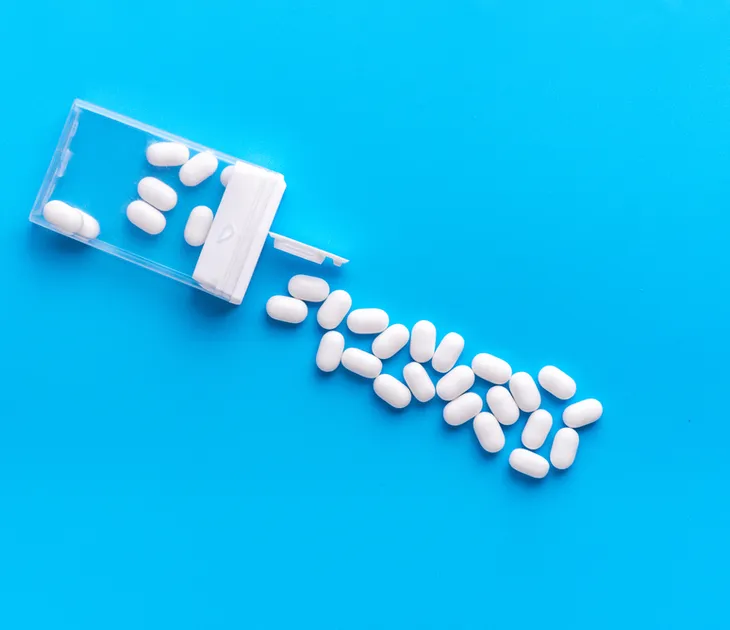Americans love their morning coffee—in fact, the average number of cups of coffee consumed per day in this country is around three, notes various sources. However, while we enjoy the boost that caffeine gives us in the morning and throughout the day, for some, caffeine has become a full-blown addiction.
However, too much caffeine can cause anxiety, insomnia and even increased workload on your heart. Let’s take a closer look at some sources of caffeine (other than the obvious cup of Joe) that you may not be aware of…
Chocolate
Yes, this delectable treat can deliver a lot of sugar, but it can also hide a considerable quantity of caffeine. As Health.com points out, cocoa beans contain naturally occurring caffeine, although most candy bars contain less than 10-milligrams (an 8-ounce cup of coffee can have up to 200-milligrams).
However, while dark chocolate is often touted as the more healthy choice because it’s less processed, it often contains more caffeine than milk chocolate, adds the source. Some milk chocolate bars are also fortified with extra caffeine to enhance the boost (up to 60-milligrams), so keep your eyes open for this.
Diet Pills
Pills designed to help you lose weight are often laced with caffeine, points out Bodybuilding.com. However, the source doesn’t paint caffeine as a villain in this case; it actually plays up some of the benefits.
Caffeine can help boost your metabolism, which is the rate at which your body uses up calories. It also gives you that energy boost that you may need to get off the couch and get active, adds the source. However, it does warn about the side effects of too much caffeine and the possibility of addiction.
Non-Prescription Painkillers
Next time you reach for a tablet to help kill that headache, keep in mind you may also be ingesting a considerable amount of caffeine. Health.com notes, “A little caffeine can curb headaches, but in large quantities it can actually cause them.”
Two tablets of one popular brand of acetaminophen pain reliever mentioned by the source contains 130-milligrams of caffeine, so be careful to follow the guidelines on the bottle and don’t overdo it or you may end up with more than a headache.
Vitamin Water
If you drink a lot of so-called “healthy” vitamin waters or energy waters, it’s probably no secret that there’s a stimulant included to give you the boost (caffeine does not naturally occur in pure water). According to Prevention.com, some of these pick-me-up waters can contain up to 125-milligrams of caffeine per bottle.
The source also warns against getting your water out of a plastic bottle that may be leaking BPA contaminants. Also, it adds that caffeine “in any form” is a diuretic, meaning it could make you pee more often (most sources say that doesn’t mean it’ll lead to dehydration, but who wants to run to the bathroom every hour?).
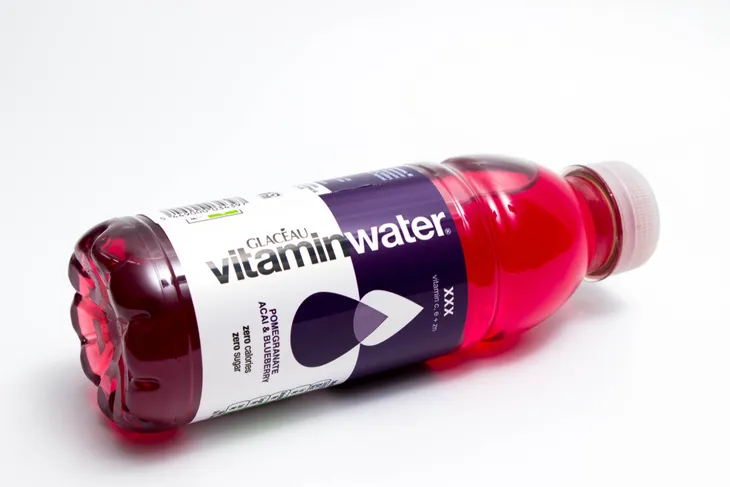 LMWH / Shutterstock.com
LMWH / Shutterstock.comIced Tea
Yes, tea is known for having caffeine, but grabbing your store variety of the iced version can pack quite a caffeine punch. At least one popular brand of iced tea contains around 30-milligrams of caffeine per bottle, although there are decaf versions of commercial iced tea (that still contain trace amounts).
Also keep in mind that iced tea off the shelf can pack added sugar and calories, whereas a cup of coffee or tea (without added sugar) can contain next to zero calories (or none at all). Perhaps just brew some natural tea and let it chill in the fridge if you want to avoid the extra ingredients.
Breath Fresheners
Health.com also warns about caffeine content in products designed to make your breath breezy. Breath freshener mints can have caffeine in them—up to the equivalent of a cup of coffee per three mints, explains the site.
The same goes for certain gums, although it appears that some companies that made caffeine gum have discontinued the product. The FDA cracked down on this particular market a few years ago, prompting some major manufacturers to pull products from the shelf.
